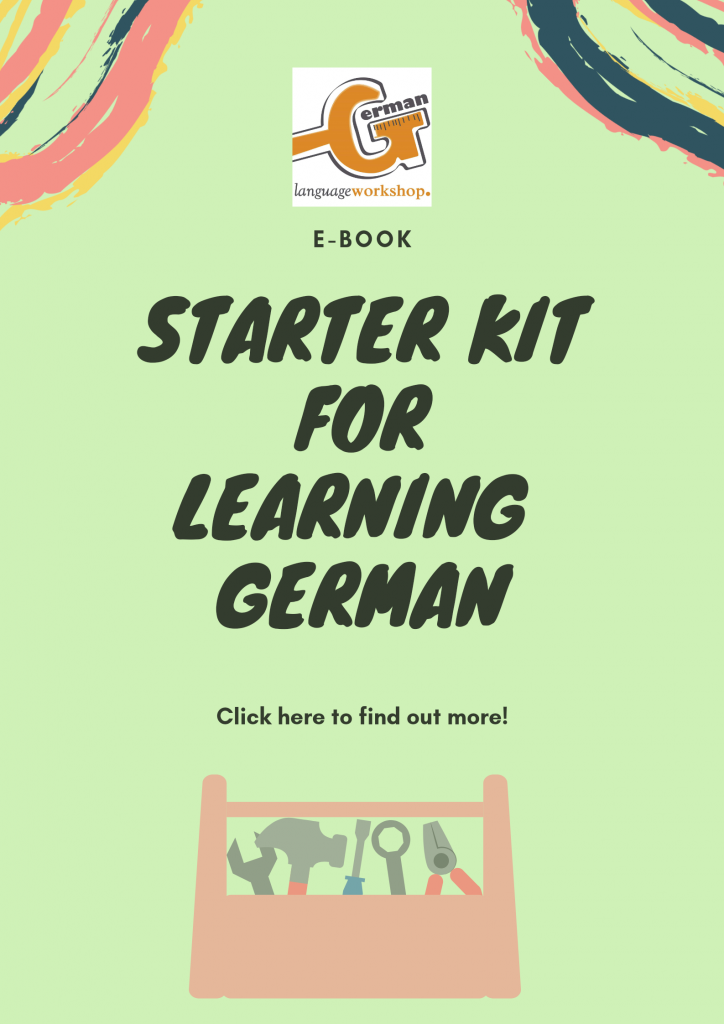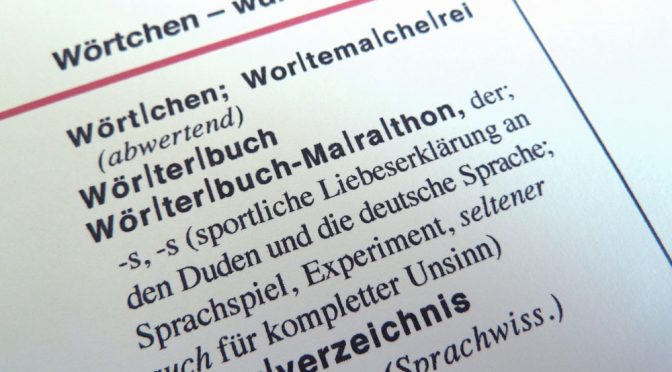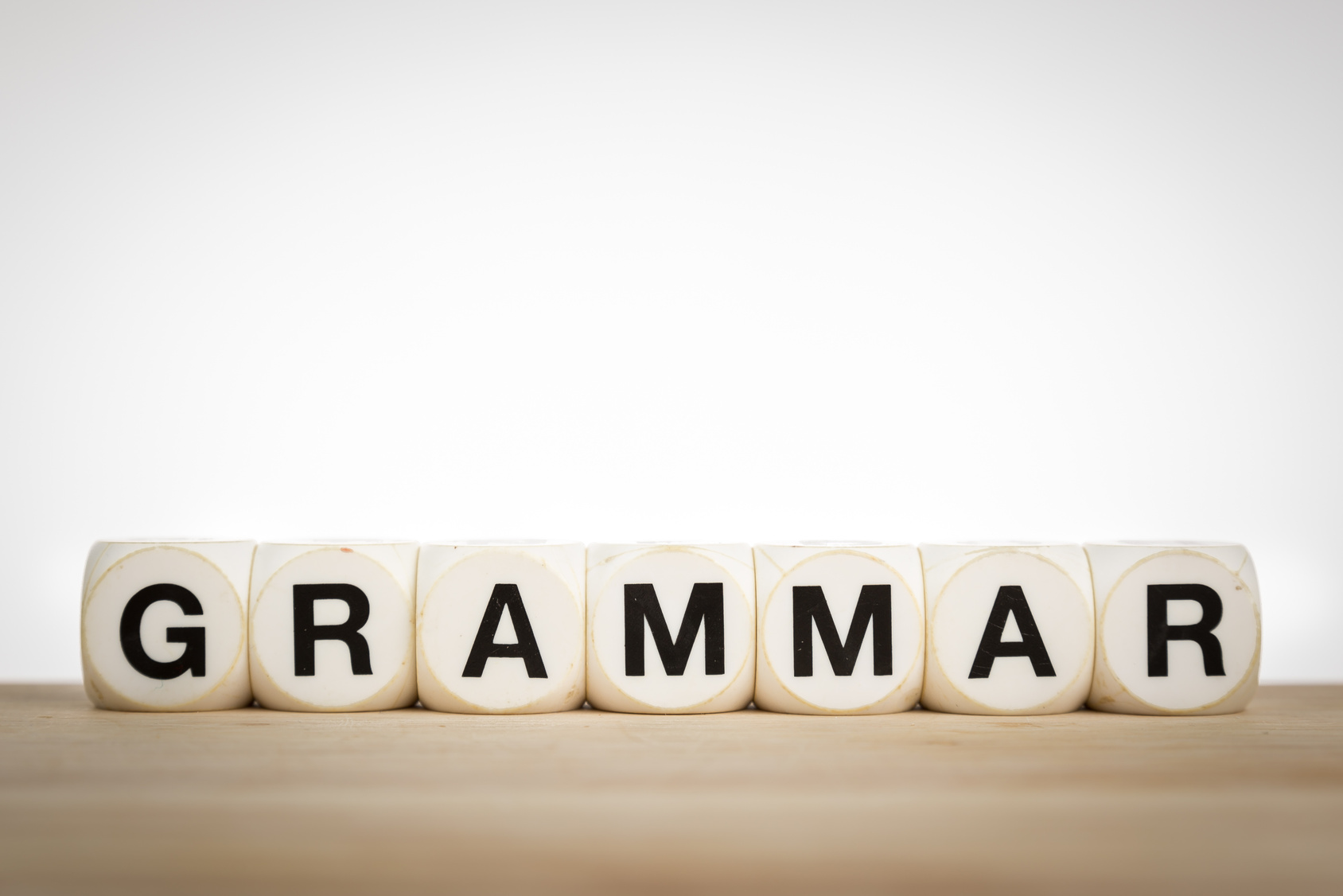Author: Jadranka Bokan

for a good start!
If you are uncertain about which good online dictionary you could use for free, here are some good solutions for you:
1. HUEBER
This is a good solution for beginners because this dictionary enables native speakers to find translations from their languages into German. Here are the combinations that are available for you:
English-German, Polish-German and Spanish-German (and vice versa)
2. DUDEN
This is a German-German solution which is great for advanced learners. A great bonus: there is a table at the bottom of every page with possible word combinations. For example, if you are searching for a verb “hinterlassen”, in that table at the bottom of the page you’ll be able to find all the combinations of the verb “hinterlassen” with most frequent adjectives or nouns. Great tool, isn’t it? 🙂
Important note for beginners: every word in the above dictionaries has its own audio version which you can listen and hear how you should pronounce the word in question.
3. PONS
This online dictionary will help you to translate any word in many different languages. It also offers an online vocabulary trainer which is completely free for use and it stores all the words that you looked up in the PONS dictionary. You can play and learn in 5 phases.
4. dict.cc
This dictionary stands out with the huge number of language combinations that it offers. Among other usual combinations (like German – Englisch, German – Spanish etc.), you can find the following “exotic” combinations: German – Latin, German – Esperanto, German – Serbian etc. That’s just great!
This dictionary is intended for advanced learners. it contains only idioms with lots of examples.
6. Official word lists provided by the Goethe Institute (A1, A2, B1)
There are complete word lists for the basic levels (A1, A2. B1) provided by the Goethe Institute. These lists don’t offer the pronunciation of words, but you can use them INSTEAD of regular dictionaries. They are very useful because:
- You can be sure that you have a list of all words at a particular level
- You can find all the forms of the words in them (Singular/Plural forms of nouns, all basic tenses of the verbs etc.)
- You can find example sentences.
Here they are:
And one extra tip for the usage of the word lists of the Goethe Institute: you can read them as newspapers when the time comes (before the exam or whenever you decide to repeat the vocabulary at any given level).






